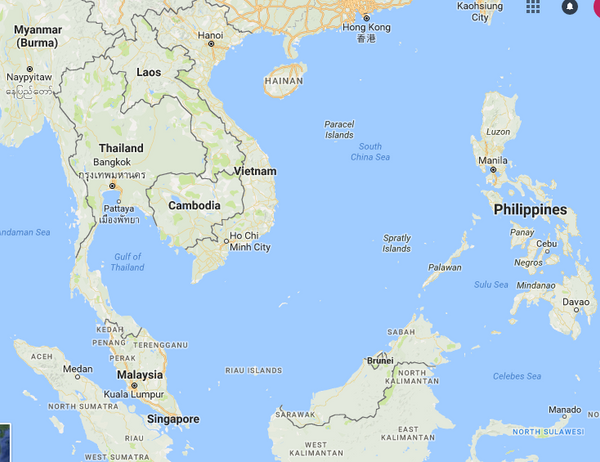ASEAN Ministers must move urgently to protect the right to life in new drug strategy
Bangkok, Thailand (18th October, 2016) - As ASEAN Ministers meet in Singapore this week at the 5th ASEAN Ministerial Meeting on Drug Matters to agree a new regional 10-year plan on drugs, civil society groups highlight the urgent need for governments to promote and protect the right to life.
Drug control in many ASEAN countries has exacted a very high human cost through draconian measures that have blindly focused on eradicating the illicit drug trade. Such approaches have also failed to reduce the scale of the drug market. The unrealistic ASEAN target of creating a ‘drug-free’ region by 2015 was not met. ASEAN needs to re-evaluate and its approach and revise its response to drug-related problems in ways that will improve, and not undermine, the health, security and development of all members of society.
The most pressing situation in the region today is the Philippines. President Rodrigo Duterte’s ‘war on drugs’ has led to the unlawful killings of more than 4,000 people in the campaign’s first three months in acts of state-sanctioned murder and an estimated 700,000 people have been required to surrender to the authorities for suspected involvement in drugs. President Duterte’s flagrant disregard for ensuring the rule of law and due process has drawn international condemnation and a warning from the chief prosecutor of the International Criminal Court. The escalating situation in the Philippines is of grave concern and should be a matter of discussion at this week’s ASEAN Ministerial meeting on drugs.
ASEAN member states gathering in Singapore this week should not reaffirm the goal of a drug-free ASEAN, and acknowledge the documented failure and negative consequences of this approach in the region. High rates of arrest, detention, imprisonment, execution and extrajudicial killing of people for alleged drug-related activities in ASEAN countries demand new vision and evidence-based strategy grounded in international law. The narrow focus on deterrence and punishment has undermined health and human rights outcomes.
“For decades, ASEAN has imposed a punitive and repressive approach that has only served to increase the stigma and dehumanisation of people who use drugs, without improving the health and welfare of the communities in the region,” said Mr. Anand Chabungbam, Co-ordinator of the Asian Network of People who Use Drugs. “This region has some of the world’s highest rates of HIV and viral hepatitis amongst people who inject drugs, and governments must support the provision of harm reduction measures that have been emphatically proven to save lives.”
At the recent UN General Assembly Special Session (UNGASS) on the world drug problem last April, governments restated that the objective of drug policy is to improve the health and welfare of humankind. The UNGASS reaffirmed the need to ensure appropriate and evidence-based drug treatment and rehabilitation services, and to prevent acts of cruel, inhuman or degrading treatment or punishment in providing those services. Finally, the UNGASS outcome document reiterated the need to end impunity, as well as to ensure access to due process and a fair trial in criminal justice proceedings.
“ASEAN governments must heed the UNGASS outcomes to ensure due process safeguards in addressing drug-related crimes as they adopt a new regional plan,” said Ms. Ann Fordham, Executive Director of the International Drug Policy Consortium. “Last April, governments committed to prevent arbitrary arrest and detention, torture, and impunity in drug control efforts. The kind of brutality and violence taking place in the Philippines is a serious breach of international agreements on drugs as well as human rights.”
The Kuala Lumpur Declaration on ASEAN 2025: Forging Ahead Together (the Declaration), November 2015, establishing the ASEAN community sets out a vision for realising the enjoyment of human rights and fundamental freedoms in a just, democratic, harmonious and gender-sensitive environment in accordance with the principles of democracy, good governance and the rule of law. Civil society organisations advocating for evidence-based drug policies in the region ask for no less in the next ASEAN work plan on drugs.
Please direct any queries to:
Ann Fordham
Executive Director
IDPC – based in London
+44 7970 034810
afordham@idpc.net
-------
Anand Chabungbam
Regional Coordinator
ANPUD – based in Bangkok
+66 9491 22465
anand.chabungbam@anpud.org
Keep up-to-date with drug policy developments by subscribing to the IDPC Monthly Alert.
